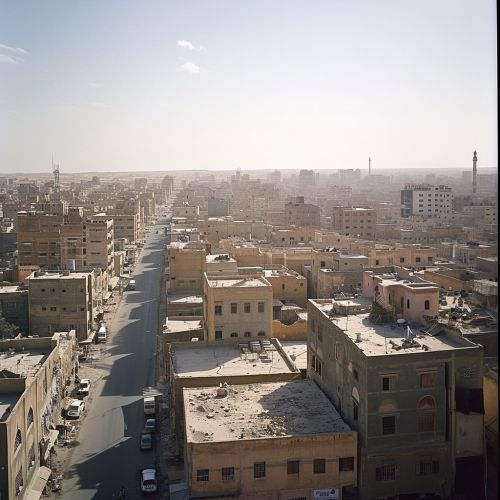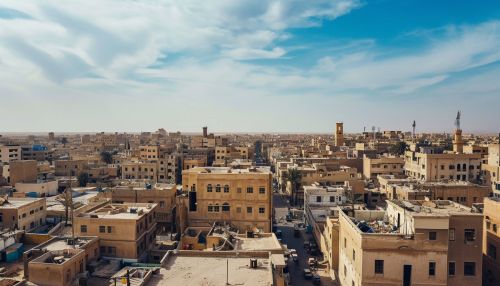Post-Gaddafi era in Libya
Background
The Gaddafi regime, which had ruled Libya since 1969, came to an end in 2011 following a civil war and a NATO intervention. The post-Gaddafi era in Libya, which began after the death of Gaddafi in October 2011, has been marked by political instability, armed conflict, and economic challenges.


Political Transition
The political transition in Libya following the fall of Gaddafi has been complex and fraught with challenges. The National Transitional Council (NTC), which was formed during the civil war, took over the governance of the country immediately after Gaddafi's death. The NTC was replaced by the General National Congress (GNC) following elections in July 2012. However, the GNC's term was marred by political infighting and insecurity, leading to its replacement by the House of Representatives in 2014.
Armed Conflict
The post-Gaddafi era has been marked by ongoing armed conflict. The power vacuum left by Gaddafi's death led to the rise of various armed groups, including Islamist extremists, tribal militias, and secessionist movements. The conflict has been exacerbated by regional and international interventions, with various countries backing different factions.
Economic Challenges
The Libyan economy, which is heavily dependent on oil exports, has been severely affected by the political instability and armed conflict. Production and export of oil have been disrupted by the conflict, leading to a significant drop in government revenue. The economic challenges have been compounded by issues such as corruption, lack of economic diversification, and the impact of international sanctions.
Human Rights and Migration
The post-Gaddafi era has seen serious human rights abuses, including arbitrary detention, torture, and extrajudicial killings. The conflict has also led to a significant displacement of people, both within Libya and to neighboring countries. Libya has also become a major transit point for migrants trying to reach Europe, leading to a humanitarian crisis.
International Response
The international community has been involved in efforts to resolve the conflict and support the political transition in Libya. The United Nations has played a key role in mediating between the different factions and in supporting the establishment of a unity government. However, the international response has also been criticized for its lack of coherence and effectiveness.
Future Prospects
The future of Libya remains uncertain, with ongoing political instability, armed conflict, and economic challenges. However, there have also been some positive developments, including progress towards a political settlement and efforts to rebuild the country's institutions and economy.
